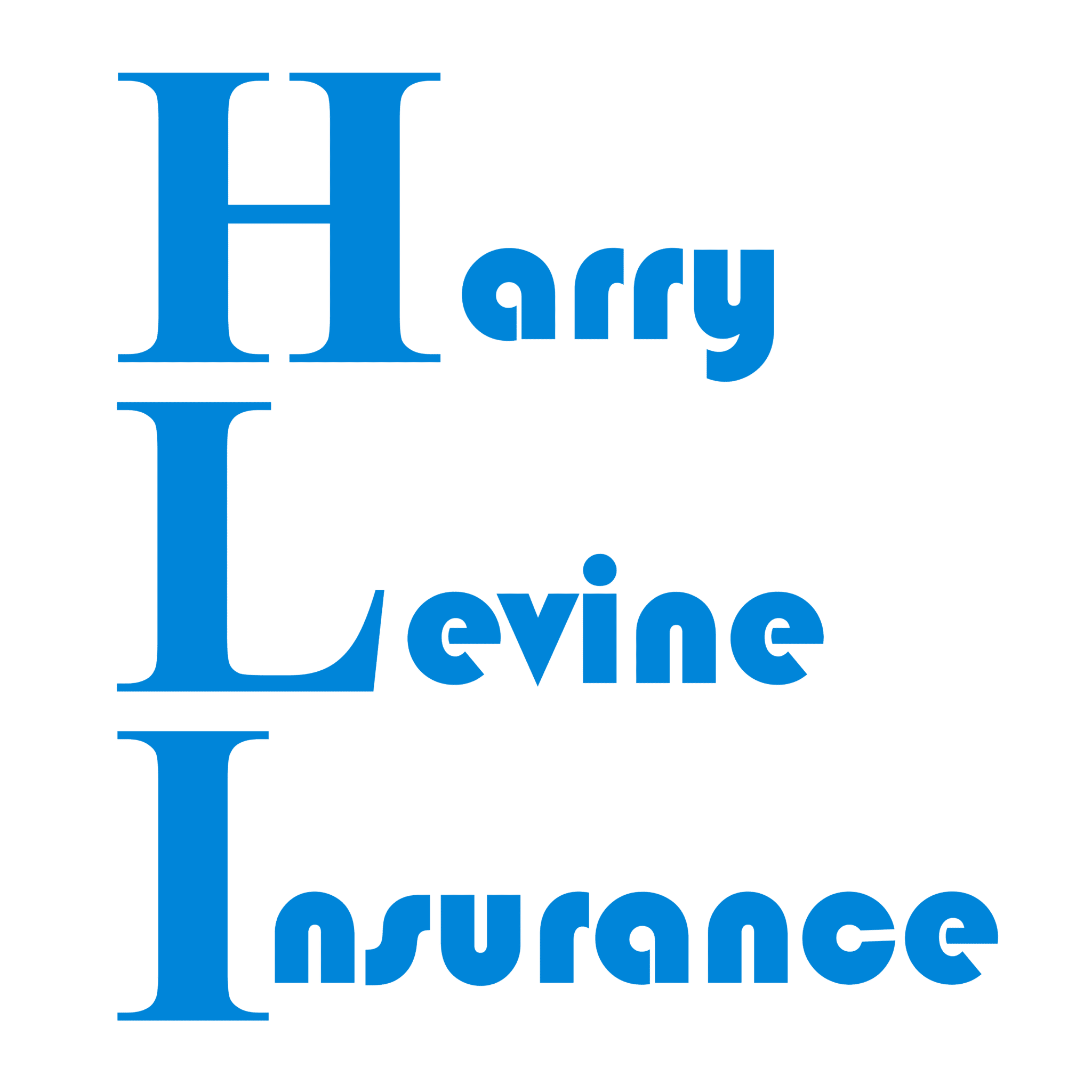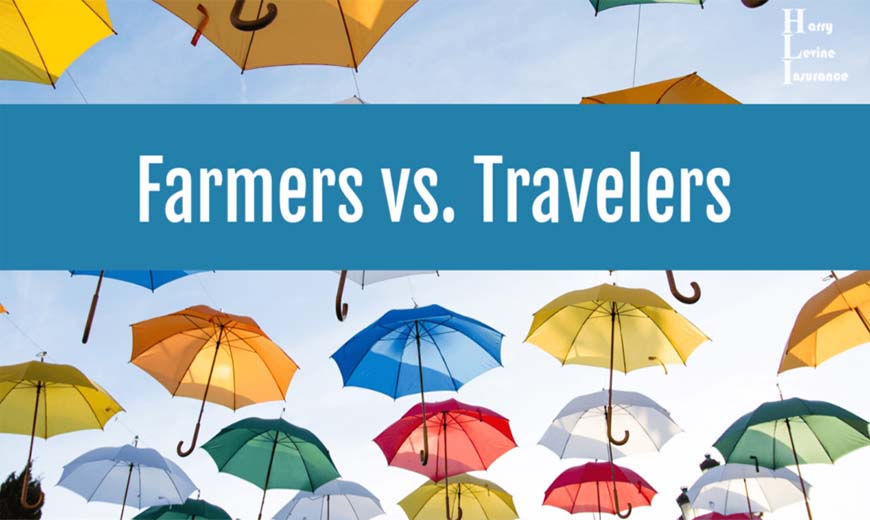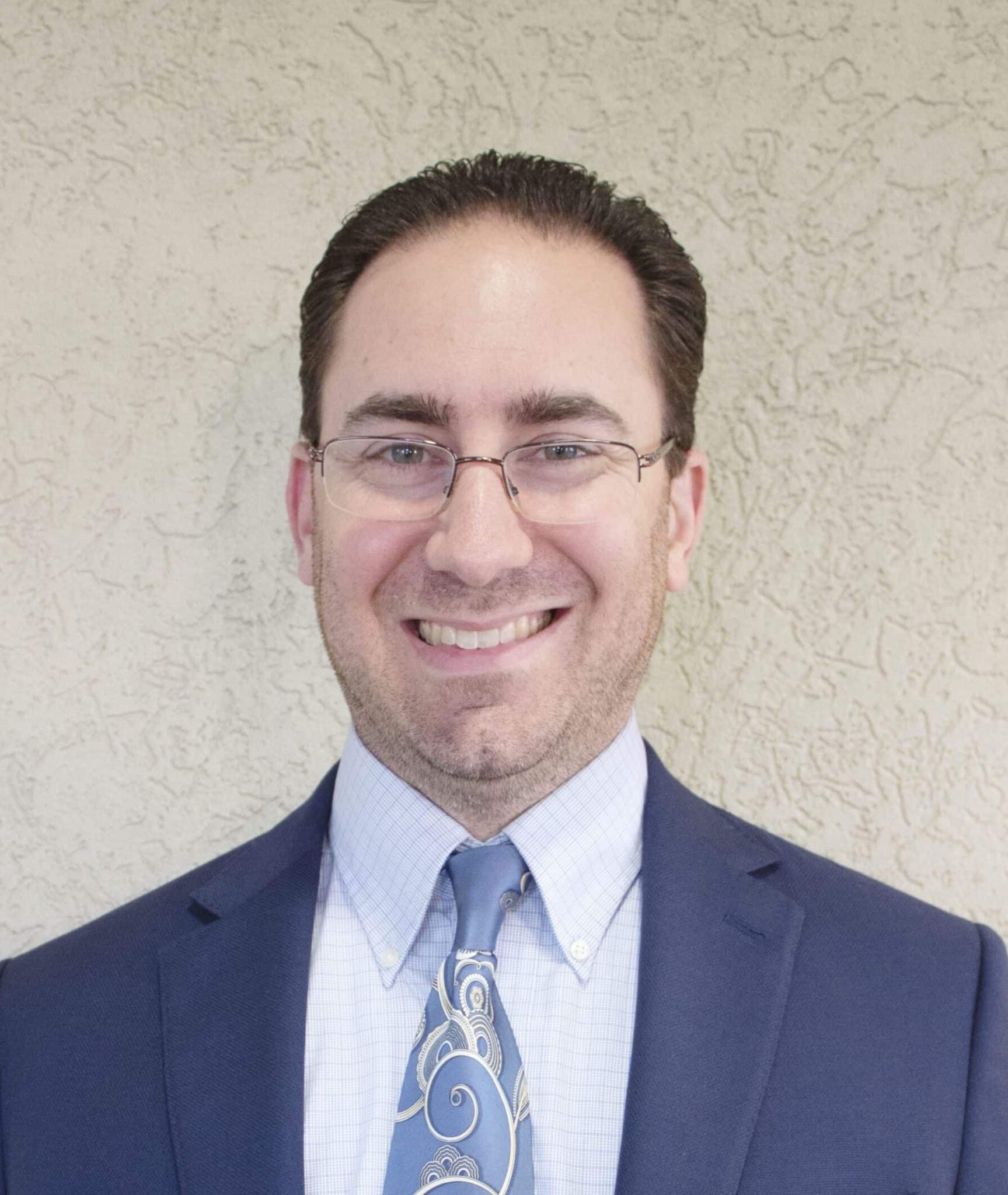Both Farmers Insurance Group and The Travelers Companies are impressive Fortune 500 companies with huge assets, market caps, and tons of employees.
In fact, Farmers employs about 12,700 employees with about 48,000 exclusive and independent agents, ranking in the top 300 companies on the Fortune 500. Travelers is 106th company on the 500 with 30,400 employees, and bragging rights as the second-largest writer of U.S. commercial property casualty insurance. Those are just some of the facts.
Now, let’s line them up, side-by-side:
Farmers vs. Travelers
Farmers Travelers
Founded 1928 1853
Headquarters California New York
2019 Revenue $11.65 billion $28.9 billion
2019 Net Income – $70.5 million $2.056 billion
Total Assets $17.02 billion $104.23 billion
While all that looks like a bunch of Forbes-level data, there are some interesting discoveries in those big numbers.
One of the companies has significantly more total assets while existing for nearly twice as long. There is also a large disparity in overall revenue and income, which in some cases, can speak to business health and success.
But why should you care about the financial health and success of a multinational conglomerate insurance company?
The insurance industry is built on the concept of crowd-sourcing assistance. We all put our money into a community pot and take from it when disaster, struggle, or unplanned circumstances require it.
The insurance companies manage this community fund, investing and earning on it so they can assist in bigger and better ways. Therefore, having more assets to play with and earning more income is a benefit to those that are insured, offering deeper protection in the event of a worldwide catastrophe or more fluidity in financial assistance for your unique home and personal needs.
The Marketing
You may have seen advertisements on TV for both Farmers or Travelers, Farmers famously employing a celebrity spokesperson to educate potential customers on the type of things covered by their insurance. Travelers has a more subtle marketing approach, using their umbrella logo to evoke emotion and thought on “protecting” from the elements.
Each uses their marketing to present a story, but which one provides you with the best options in terms of insurance?
Farmers specializes in auto insurance, home insurance, motorcycle insurance, life insurance, recreational insurance, and business insurance.
Travelers groups their offerings into three segments: Personal, Business, and Bond and Specialty. Their Personal Insurance includes home, auto, and other insurance products designed for individuals and their families. Their Business Insurance offerings are a wide selection of property and casualty insurances, and their their Bond and Specialty Insurance focuses on surety, crime, and financial liability.
Both companies offer insurance products that sound similar, but are they?
The Discounts
Saving money is important for everyone, but is a primary marketing item for insurance companies. You’ve heard of the “Discount Double Check,” the “Geico Gecko,” and even “Flo” from Progressive, saving people money left and right. Even “The General” is around to save, save, save.
Those discounts are an impressive tool in getting eyes on insurance products, but never speak to the most important element in the insurance industry… the actual protection.
What good is an insurance policy that folds under the stress of a real accident? Many of the commercials you may have seen even reference “cut-rate insurance” and other discount options as a pitfall for consumers.
The truth is this: while discounts are fantastic as a concept, they may not offer the protection you need from your insurance policies. For example, in the state of Florida, over 25% of all motorists are uninsured, which means that if you don’t have the proper policy, you may be financially exposed in the event of a car accident.
Did you know that some insurance companies target high-risk drivers, those that other insurance companies won’t even offer insurance to?
Insurance is all about risk and the strongest insurance companies assess that risk much more effectively than their competitors.
Risk and You
When considering your insurance options, “risk” is a word that will come up frequently. In insurance terms, risk is the top factor in determining cost.
If you’re a homeowner and your home is brand new, most insurance companies will deem that less risky, since all of your expensive features will be newly built, such as the roof and pipes. However, if your home is dated, with pipes made of metals that aren’t efficient, a roof that offers less protection, and wiring that is out of date, the insurance company is going to factor that into the premium you are being offered.
Beware of enticing prices, because price is not the only factor that should matter to you. Keeping costs down is important, but the level of protection within the policy must be paramount.
What would be the point of having a cheap homeowners insurance policy that won’t cover your roof claim when your roof caves in?
Insurance is not something everyone enjoys paying for, but it is a necessary function of operating a home, vehicle, or business. No one wants to have to repair a catastrophic accident or experience a devastating disaster, but the reality is that it’s the insurance companies that literally clean up the mess.
Don’t you want your mess cleaned up by the best company possible?
As independent insurance agents, we at Harry Levine Insurance are poised to offer you the best options in your insurance journey. While not all options will be inexpensive, we will work with you to carefully explain the differences in coverages, protections, and your risk.
We may not sing you a catchy jingle or offer you a cute mascot, but we will help protect your assets and family members with the absolute strongest insurance coverage available on the market.
Call us today to speak with someone about protecting what matters most to you.









